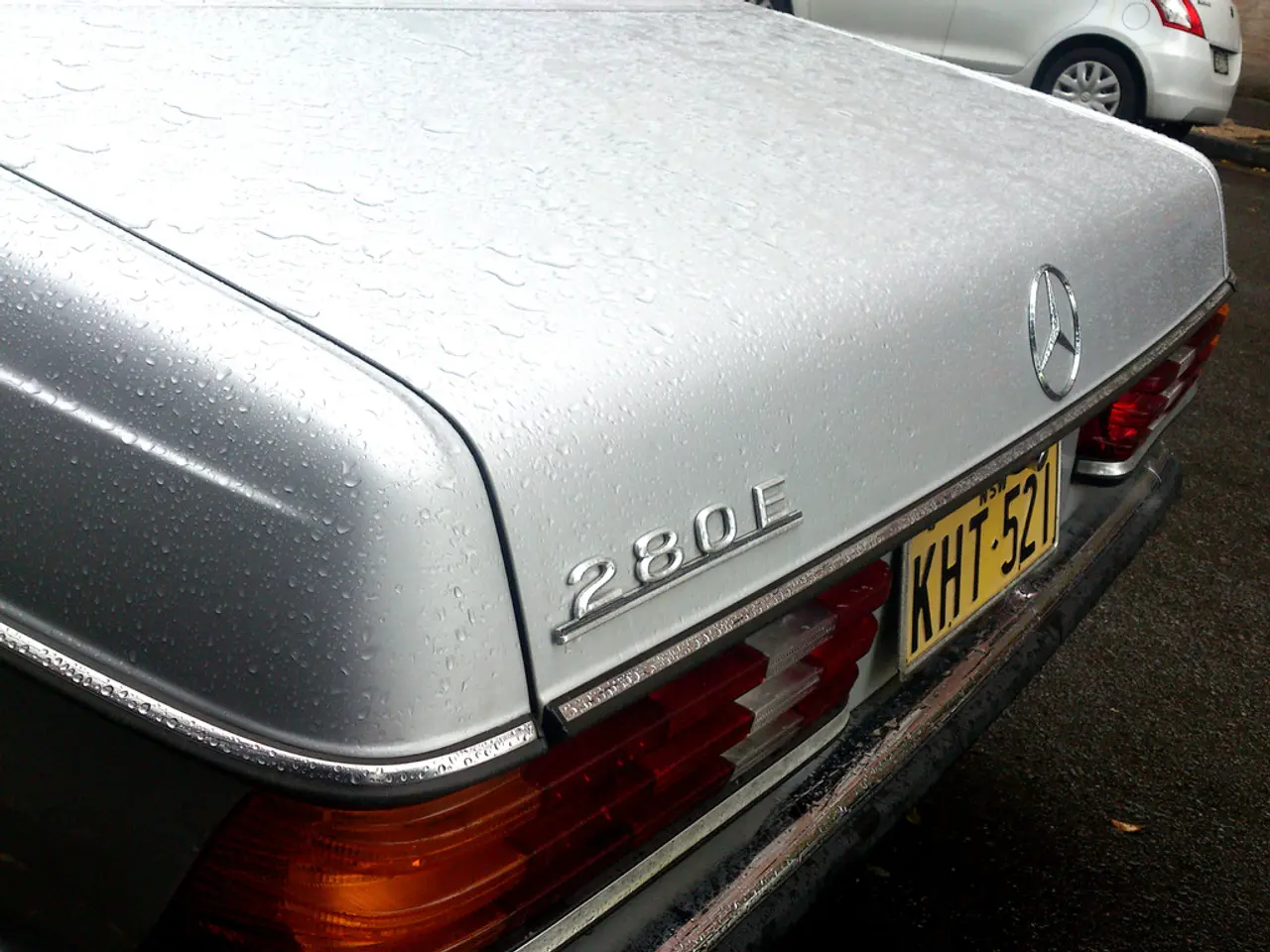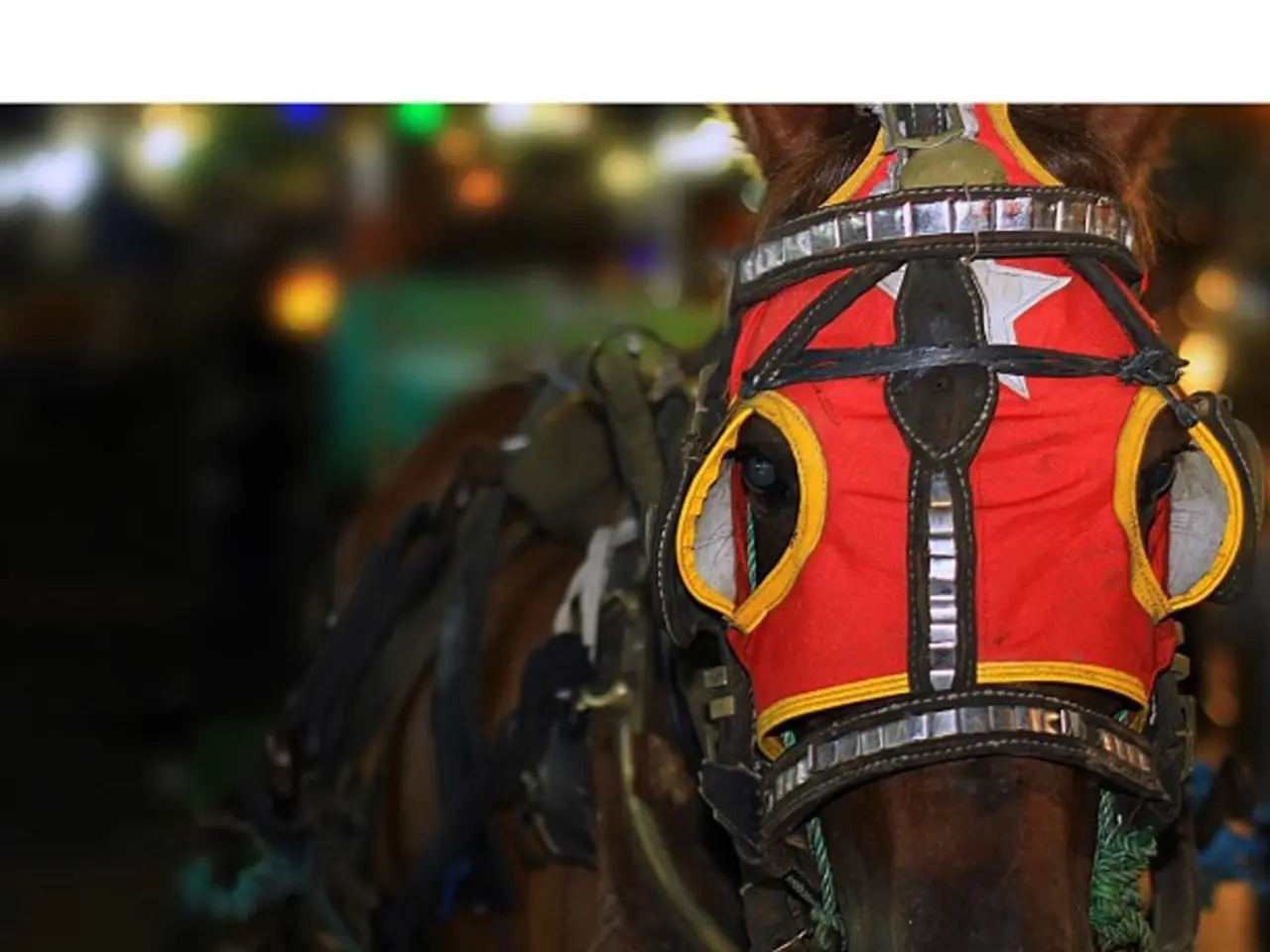Meyer Burger's Debtor-in-Possession Filing: A Tough Fight for a Solar Giant
Meyer Burger Faces Uncertainty in U.S. Market
That Swiss solar company, Meyer Burger, is drowning in a storm, isn't just a figure of speech. The company, with multiple German sites, has thrown up its life vest in the form of a bankruptcy filing in the land of the free - the good old US of A. According to the court documents, they've petitioned for a "Chapter 11" in Delaware Bankruptcy Court, with the goal of reshuffling their deck and avoiding being sent to the bottom of the ocean. A spokesperson confirmed the restructuring bid, assuring it's not about sinking their ship.
The German subsidiaries are already in preliminary insolvency proceedings. The spokesperson for the insolvency administration said the Operations are running smoother than before the filing. The sale of solar modules is brisk, with international consulting firm KPMG roped in to find potential global investors. But they've got their work cut out for them, as the process goes on.
Meyer Burger had initially planned to build its solar module production in the USA. Solar cells from Bitterfeld-Wolfen (Saxony-Anhalt) were supposed to be shipped to the USA. The estimated liabilities in the USA are between 500 million and 1 billion US dollars, while the assets are estimated to be between 100 million and 500 million US dollars, as per court documents.
Lose a Major Customer, Layoff Workers, Shut Down Production
So, what went wrong? A while ago, Meyer Burger had to shutter its production in the USA, with 282 employees losing their jobs. The company had been grappling with cutthroat competition from Chinese imports for some time. To add salt to the wound, they lost a significant customer, American D.E. Shaw Renewable Investments, in November. This left them with a black hole in their balance sheet, making their position precarious.
igation of the Saxon site in Freiberg, the management pushed the relocation to the USA with the argument that there was insufficient state aid in Europe. However, the company abandoned these plans in August because they were not financially viable. Instead, they wanted to get back on track with a comprehensive restructuring.
Source: ntv.de, jki/dpa
Meyer Burger Holding Corp. is currently undergoing a Chapter 11 bankruptcy process in the United States due to severe financial and operational difficulties primarily tied to its U.S. solar manufacturing ventures.[1][2]
The company filed for Chapter 11 in Delaware Bankruptcy Court and seeks approval for a $10 million debtor-in-possession financing facility to fund ongoing operations during the restructuring.[1][3]
The company’s financial troubles largely stem from its Arizona solar module manufacturing plant, which cost $60 million and suffered from production delays and design flaws that prevented it from reaching full capacity. Alongside this, a planned solar cell facility in Colorado was abandoned due to lack of financing.[2]
Alongside the bankruptcy filing, the company faces legal challenges, including a class-action worker lawsuit stayed by the bankruptcy proceedings, as well as liens and potential claims related to its subsidiaries in Germany and Switzerland. Their total liabilities reportedly exceed $500 million, with asset valuations ranging between $100 million and $500 million.[2][3]
The future of Meyer Burger hinges on an expedited sale of assets under Section 363 of the bankruptcy code, attracting buyers interested in its advanced heterojunction (HJT) technology or U.S. solar manufacturing capacity with advantageous tax credits from the Inflation Reduction Act (IRA).[3]
However, significant operational setbacks, heavy indebtedness, and market uncertainties pose substantial obstacles to a full recovery.[1][2][3]
- ntv.de
- Bloomberg
- Reuters
Community policy and employment policy need to be addressed during Meyer Burger's restructuring process to ensure a smooth transition for the affected employees in the United States. Given the company's financial troubles, careful consideration of the industry, finance, and energy sectors through these policies will be crucial in securing potential partnerships with global investors and navigating industry challenges.
Bankruptcy proceedings for Meyer Burger highlight the complexities involved in the solar industry, including the potential risks associated with strategic decisions, such as moving production to the United States and investing in solar manufacturing plants. As the company seeks to attract buyers interested in their advanced heterojunction technology, understanding and implementing industry-specific employment policies will be essential in maintaining a competitive edge and ensuring a sustainable future for the company.




